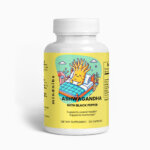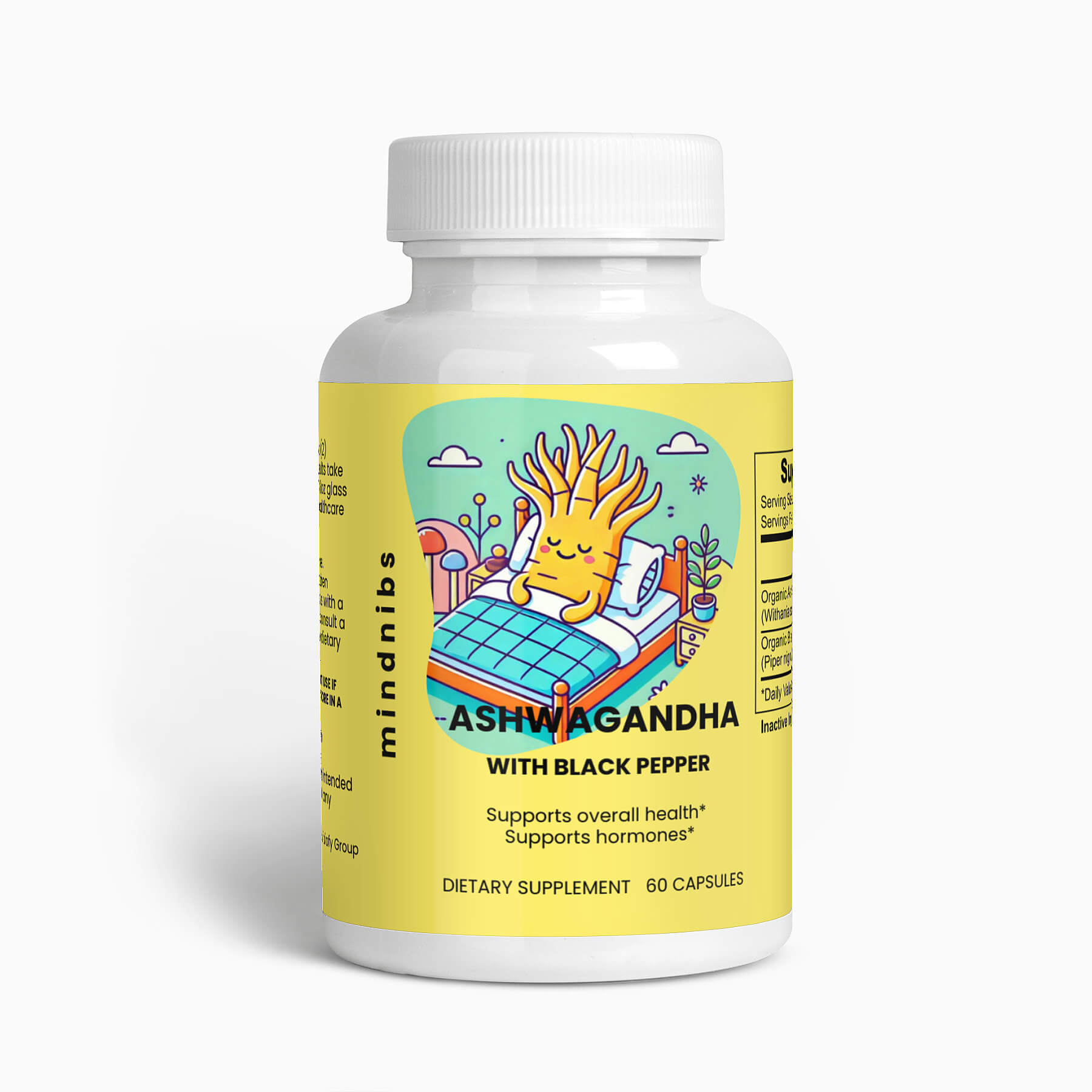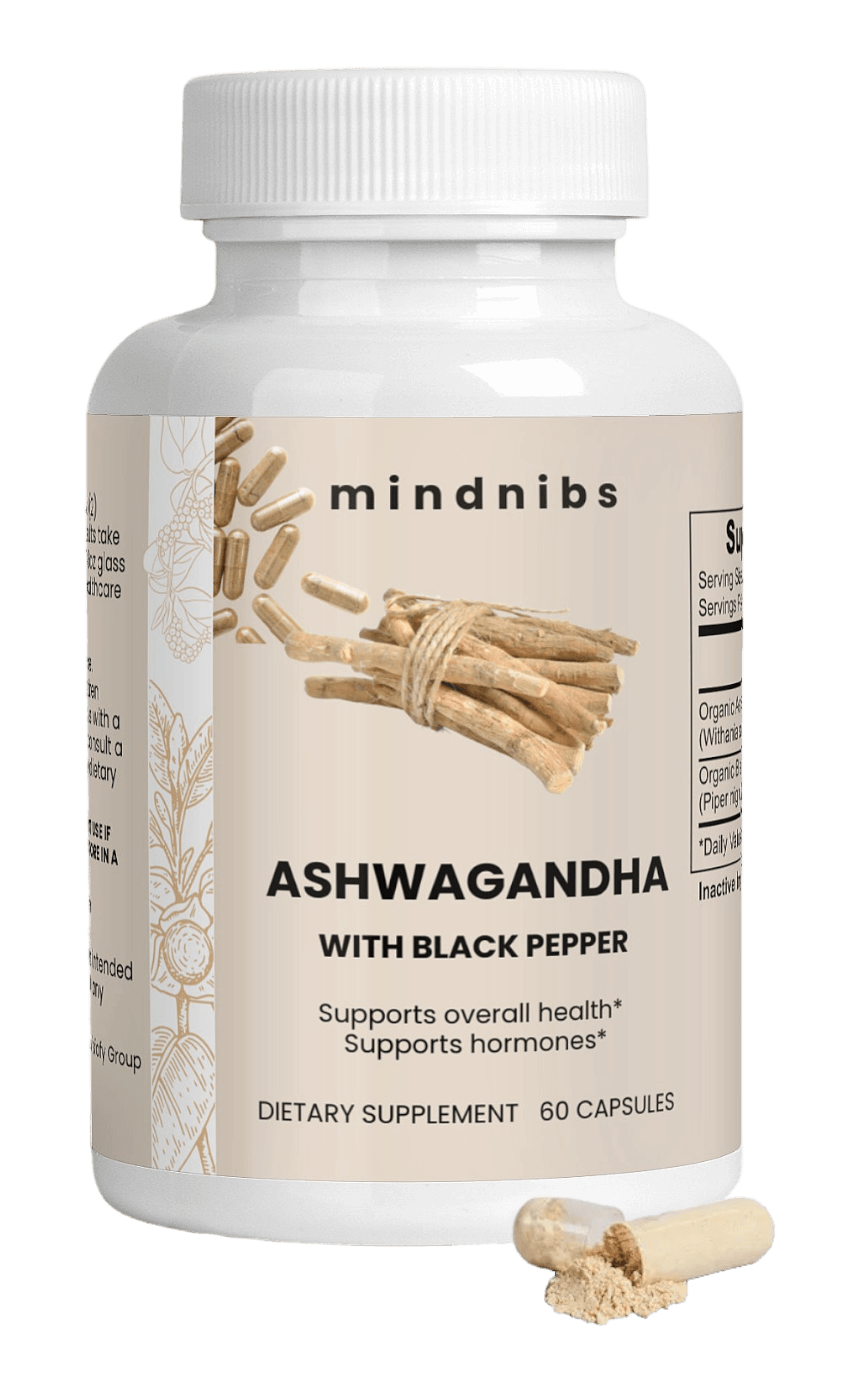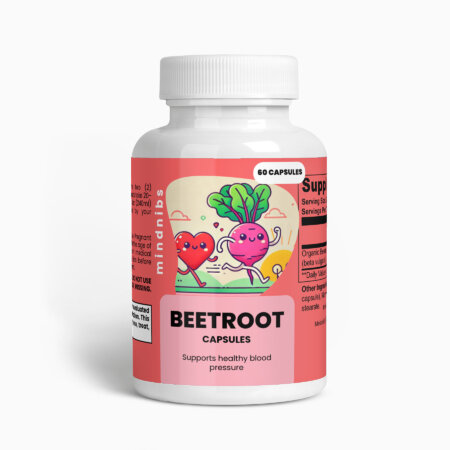Q1: What is Ashwagandha? A1: Ashwagandha, scientifically known as Withania somnifera, is an ancient medicinal herb that has been a staple in traditional Ayurvedic medicine for centuries. Also referred to as “Indian Ginseng,” Ashwagandha is renowned for its adaptogenic properties, which help the body adapt to stressors and promote overall well-being.
Q2: How does Ashwagandha work? A2: Ashwagandha contains active compounds called withanolides that are believed to have a variety of health benefits. These compounds help regulate cortisol levels, the body’s primary stress hormone. By doing so, Ashwagandha can help reduce stress and anxiety, improve mood, and support cognitive function.
Q3: What are the potential benefits of taking Ashwagandha? A3: Ashwagandha has been associated with a range of potential benefits, including:
- Reducing stress and anxiety
- Improving sleep quality
- Enhancing cognitive function and mental clarity
- Boosting energy levels
- Supporting immune system health
- Balancing blood sugar levels
- Promoting a sense of overall well-being
Q4: How should I take Ashwagandha? A4: Ashwagandha is available in various forms, including capsules, powders, and tinctures. The recommended dosage can vary based on factors such as age, health status, and the form of Ashwagandha you’re using. It’s best to follow the dosage instructions on the product label or consult a healthcare professional for personalized guidance.
Q5: Are there any side effects or interactions to be aware of? A5: Ashwagandha is generally considered safe for most people when used as directed. However, some individuals may experience mild side effects such as digestive discomfort, nausea, or changes in appetite. Pregnant or breastfeeding women, as well as those with certain medical conditions or taking specific medications, should consult their healthcare provider before using Ashwagandha.
Q6: How long does it take to experience the benefits of Ashwagandha? A6: The time it takes to experience the benefits of Ashwagandha can vary from person to person. Some individuals may notice improvements in their mood and energy levels within a few weeks, while others might take longer. Consistency in usage is key to maximizing the potential benefits.
Q7: Can Ashwagandha help with sleep problems? A7: Yes, Ashwagandha’s stress-reducing properties can indirectly contribute to improved sleep quality. By promoting relaxation and reducing anxiety, Ashwagandha may help individuals achieve a more restful night’s sleep. However, individual responses can vary.
Q8: Can Ashwagandha be used for managing chronic conditions? A8: While Ashwagandha shows promise in promoting overall well-being and managing stress-related symptoms, it’s important to remember that it’s not a replacement for medical treatment. Always consult a healthcare professional before using Ashwagandha or any other supplement to manage chronic conditions.
Q9: Is Ashwagandha suitable for everyone? A9: Ashwagandha is generally safe for most adults when used in appropriate dosages. However, pregnant or breastfeeding women, individuals with autoimmune disorders, and those taking medications should consult a healthcare provider before incorporating Ashwagandha into their routine.





























